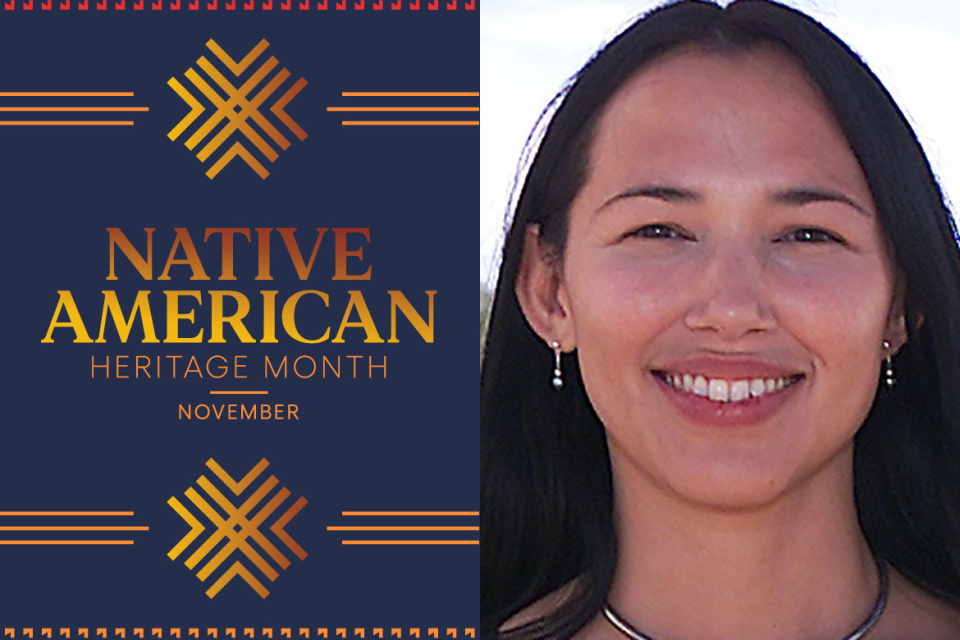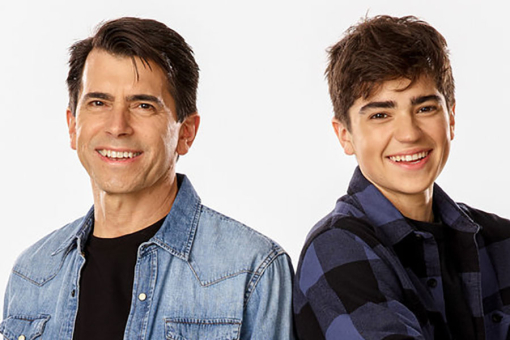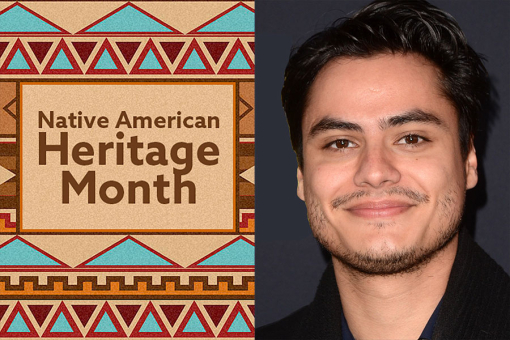While Irene Bedard (Cree, Iñupiaq) was studying for her degree in musical theater at the University of the Arts in Philadelphia, the massive success of Dances with Wolves had just opened the doors to a new era for Native Americans in film.
It signified a big change from when she was younger and had the experience of meeting the first Indigenous Oscar winner, songwriter Buffy Sainte-Marie, at an event bringing together kids who lived on a reservation with urban kids.
"She was the only Native I remembered growing up, aside from those in John Wayne movies," says Bedard, who was born in Anchorage, Alaska and spent some time in Washington state as a child. "It seemed like we were the bad guys, and it was disheartening because everyone wanted to be a cowboy."
As she pursued her dream to do theater, continuing to appear in stage productions with a Native American ensemble, she got an agent and started going out on auditions.
Her very first booking was as Mary Crow Dog in Lakota Woman: Siege at Wounded Knee on TNT, which earned her a Golden Globe nomination.
A role as the wife of Adam Beach's lead character Squanto in Squanto: A Warrior's Tale (1994) soon followed, and then came the part that would permanently be a touchstone in defining her career.
Bedard was cast as the voice of Pocahontas in Disney's 1995 blockbuster animated film of the same title. (Colleagues privately griped that she was paid a fraction of what Mel Gibson made for his voice work in the movie, which went on to gross nearly $350 million worldwide.)
She fondly recalls the massive premiere for the film in Central Park with more than 100,000 people in attendance.
"They flew in my brothers from Alaska as a surprise for me and had a police brigade to take us through the crowd. In the first scene of the film as they're crossing the water and the boats are rocking back-and-forth, it started raining," she says. "And then when that scene was over it stopped raining in the park – like some sort of magic Disney fairy dust sent down from heaven."
In the direct-to-video animated sequel Pocahontas II: Journey to a New World, Bedard's Pocahontas voyages to England as an ambassador to prevent an unjust war against her people. And in The New World, she portrayed a different take on the Pocahontas story as the young woman's mother in Terrence Malick's 2005 film.
For Disney, Bedard reprised her role as Pocahontas in 2018's Ralph Breaks the Internet.
Although she will always be a lifetime member of the Disney princess family, which includes making appearances at its D23 Expos, Bedard has long since made an impact in contemporary films and television projects and is well-known for her social activism.
She was even kicked off one of the major social media platforms for "controversial" comments. What set Bedard off was President Donald Trump using the name of Pocahontas during an attack on then-Democratic presidential candidate Sen. Elizabeth Warren.
After that, Bedard said she carried around a pocket copy of the Constitution. The incident, among many others, brought to mind the often-tragic history of Native Americans in their own country, including Trump's veiled reference to the Trail of Tears, a series of forced government relocations of Native Americans in the 1830s that led to countless deaths.
"There are so many beautiful, heartbreaking stories about Indigenous people around the world, but 'we're still here.' On the flip side, we do want to have the ability to move beyond history books and be part of the modern fabric of society," she says.
On CBS's FBI: Most Wanted, Bedard plays Marilou Skye, the mother of Clinton Skye, who is married to another member of the agency's Fugitive Task Force. The spinoff of Dick Wolf's FBI aired 14 episodes earlier this year before the pandemic halted production.
Bedard had also been shooting The Stand, a series slated to run on CBS All Access, flying between Vancouver and Brooklyn. Based on Stephen King's novel published in 1978, the plot couldn't be more timely. It focuses on the aftermath of a devastating virus.
"This has opened up other ways of learning to work together on some deeper level," she says about the pandemic. "We're meant to learn something from challenges and hardships. We've learned different ways to send love to each other and to move forward and to build bridges to one another. It's made us reconsider how to function as a society."
Read more on Native American inclusion in the television industry.











